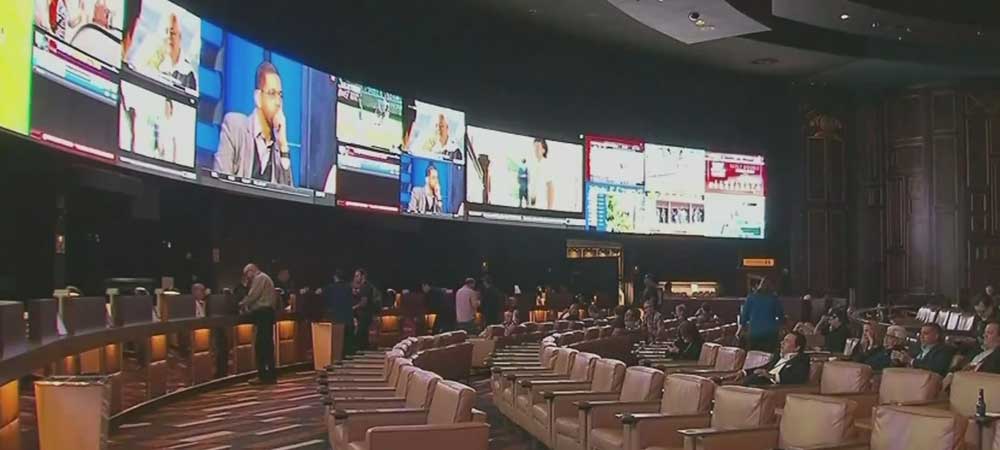Even though the Professional and Amateur Sports Protection Act of 1992 (PASPA) has been overturned by the Supreme Court – and even though WV has its own sports betting laws already in place (HB 415) – there are still several potential hurdles for sports betting in West Virginia. With the WV Lottery running the show, Director Alan Larrick said that officials at his agency are working overtime to get rules, regulations, and procedures formalized for sports betting’s implementation at the state’s 5 casino gaming sites.
Of course, this all takes time, and there’s a lot more to do than simply plan out some logistics. Instead, there will have to be physical construction at all area casinos in the state (which has to go through the state lottery’s approval protocol), and there needs to be an online infrastructure set up to ensure that the WV government maximizes its revenue (which also must be determined). Additionally, there is the question of an integrity fee and the fact that the US congress could pass a law superseding anything that West Virginia implements.
The online aspect – which is the most critical aspect for mass adoption and the reversal of sports betting’s migration to overseas, Internet-based sportsbooks – is not necessarily a foregone conclusion, at least according to economics professor Brad Humphreys (WVU).
Humphreys claims that the Unlawful Internet Gambling Enforcement Act of 2006 (UIGEA) might prove a hindrance to online adoption, although this seems unlikely, as the language of that particular federal law specifies that the gambling it addresses must be illegal in nature. Since sports betting is no longer federally illegal, and since sports betting itself is legalized in the state, the West Virginia Lottery can probably set up and operate whatever mobile services it wishes. After all, Las Vegas casinos have had sports betting apps for years.
Another hurdle is the “integrity fee,” which is an asinine concept that doesn’t seem to be going away. Even though HB 415 makes no allowances for such a fee to be paid to anyone, WV governor Jim Justice has proudly boasted that he “talked the leagues down” from their initial demand of 1% of the betting handle (i.e. 20% of a sportsbook’s profits) to “only” 0.25% (or 5% of a sportsbook’s profits). There is plenty of indication that a legislative or executive meeting will be held in the near future to address this integrity fee, though there is no telling whether such a fee would have to be approved by congress or can simply be executively ordered.
The last issue of note for the effort to craft a legal sports betting in West Virginia is the fact that the Supreme Court’s PASPA ruling could ultimately lead the federal government to institute new sports wagering laws. This door was left open in the portion of the judgment (read by Samuel Alito) that says:
“The legalization of sports gambling requires an important policy choice, but the choice is not ours to make. Congress can regulate sports gambling directly, but if it elects not to do so, each state is free to act on its own.”
Whether or not that comes to pass in the next few years remains to be seen, but one would hope that after the trillion-dollar PASPA boondoggle, the federal government and its representatives would defer to each state when it comes to handling their local economic interests.

